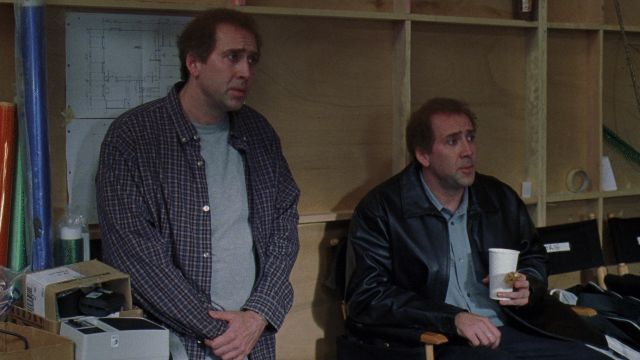No one succeeds at delivering mind-bending metafictional comedies as well as Charlie Kaufman does. In his years as a scriptwriter, Kaufman has managed to deliver some of the strangest and most interesting films that audiences have ever seen. Whether he’s examining America’s obsession with celebrity or diving deep into his own psyche, Kaufman never ceases to impress and amaze. Early in his career, Kaufman would frequently collaborate with fellow genius filmmaker Spike Jonze to bring his scripts to the big screen. In recent years, though, Kaufman has found relative success directing his own scripts without Jonze’s help. No matter who’s behind the camera, one thing is for certain: Charlie Kaufman has one of the most impressive and eclectic filmographies of any scriptwriter.
Eternal Sunshine of the Spotless Mind

Directed by other frequent Kaufman collaborator Michel Gondry, Eternal Sunshine of the Spotless Mind is the writer’s most heartfelt and pure venture so far. It’s a loving and honest film about the brutality of breakups and the weight of memories, and it features one of Jim Carrey’s greatest dramatic performances of his career. Kaufman knocked it out of the park with this film, and he deserves every praise he received for it.
Synecdoche, New York
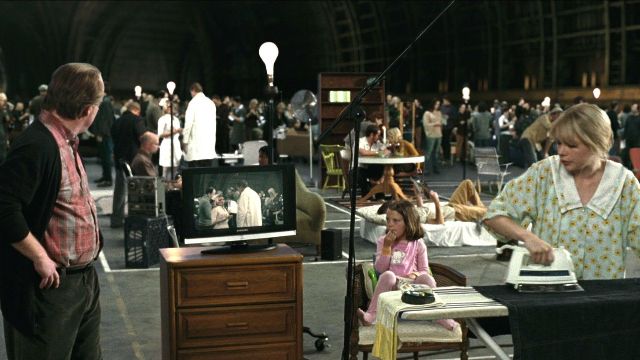
The movie only Charlie Kaufman could make: Synecdoche, New York is the culmination of everything that makes this screenwriter tick. It’s about the anxieties of creation, the incredibly high standards creative types hold themselves and their work at, and the insatiable desire to constantly better one’s creations. Plus, it’s got one of Philip Seymour Hoffman’s latest and greatest performances. Kaufman is a genius, and Synecdoche, New York sees a playwright grappling with this very fact.
Adaptation.

Following the success of his very first hit, Being John Malkovich, Charlie Kaufman was hired to make a movie based on a hit nonfiction book about a rare species of flower. Naturally, Kaufman faced extreme writer’s block and had no idea where to begin. So, in the typical metafictional fashion that Kaufman is famous for resorting to, he turns his frustrations with writer’s block into the script itself. The end result doubles as both an adaptation of the nonfiction novel and an examination of the frustrations that come with creation.
Being John Malkovich
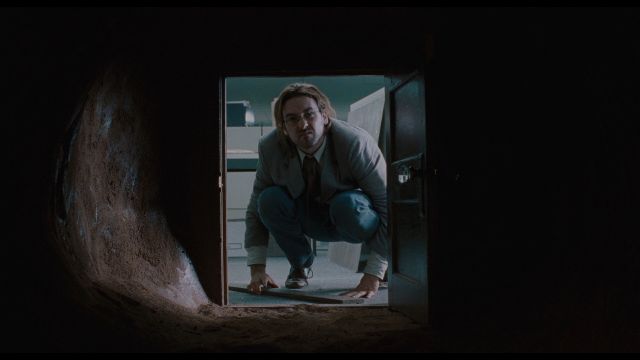
The aforementioned breakout hit, Being John Malkovich combines Kaufman’s signature screenwriting style with director Spike Jonze’s natural knack for camerawork to create something really one-of-a-kind. The two of them work incredibly well together, and Being John Malkovich deserves heaps of praise for their first collaboration. It set them both up for lifelong careers in filmmaking, and it remains one of the strongest movies of the 20th century.
Anomalisa

Based on a play of Kaufman’s, Anomalisa is a stop-motion animated film for adults. It’s dark and depressing and heavy and real, but it’s starring little 3D-printed figures. Critics weren’t as wild about Anomalisa as they were about many of Kaufman’s other recent string of films, but it doesn’t matter: Anomalisa couldn’t have been made by any other filmmaker. Kaufman took a valiant risk bringing the project to the screen and it definitely paid off.
Confessions of a Dangerous Mind
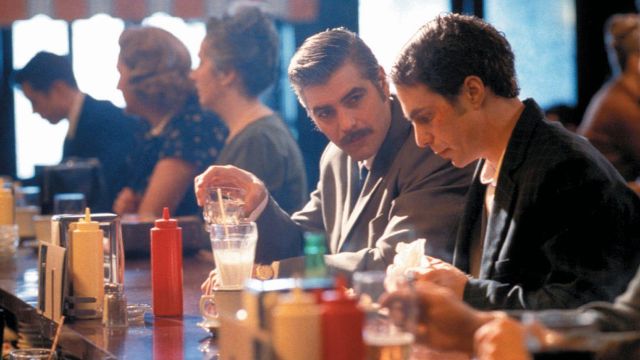
Kaufman’s early films are not projects that he’s proud of. Confessions of a Dangerous Mind is one such movie: for whatever reason, his script ended up in front of George Clooney. Clooney tried his best to direct Kaufman’s work, but it ultimately ended up falling flat and being disappointing (especially considering what this film could have been if someone who understood Kaufman better could do with it). It’s not bad, but it’s not what it could have been.
Human Nature
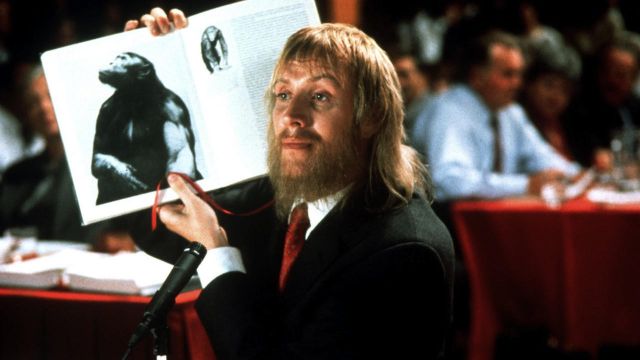
Human Nature is surely a movie Kaufman would like to erase from his filmography. One would think it came before Being John Malkovich, but it actually arrived in between it and Adaptation. Even stranger is the fact that Michel Gondry directed it, someone who clearly understands Kaufman enough to fully realize Eternal Sunshine of the Spotless Mind. Like Confessions of a Dangerous Mind, Human Nature isn’t horrible — it was just clearly rushed after Kaufman’s sudden success.
